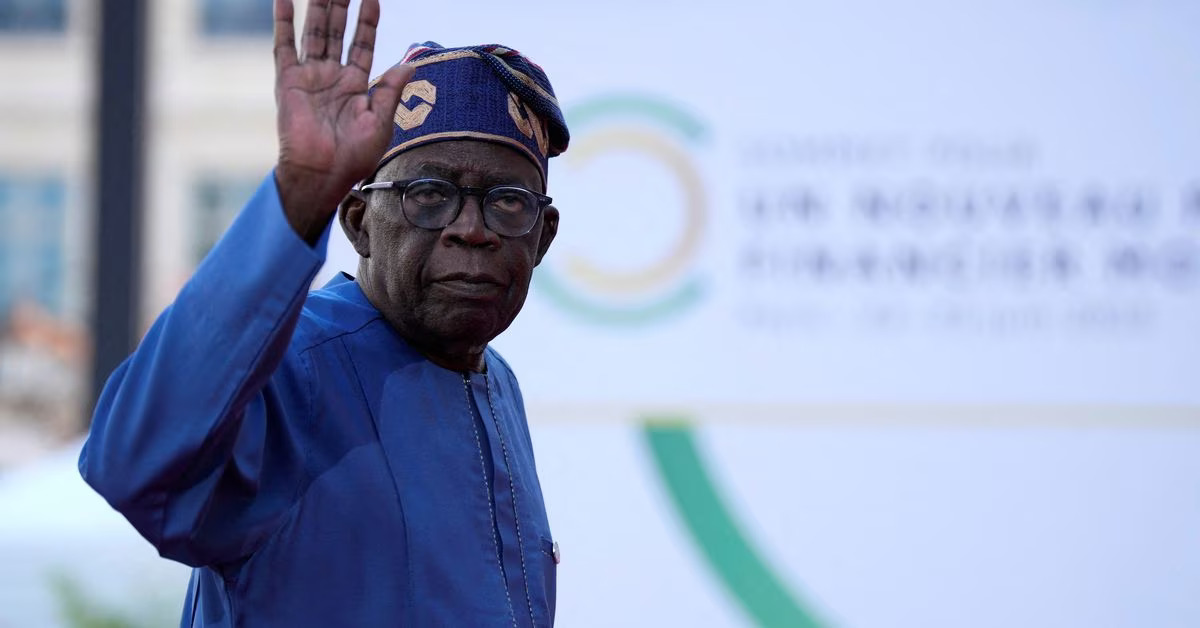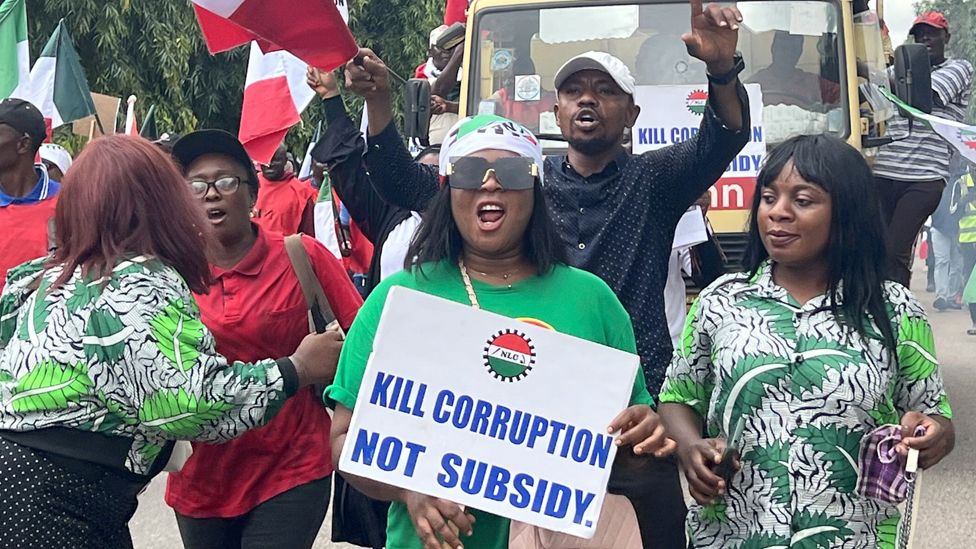

In response to escalating tensions, Nigeria’s president increases wages to avert a strike that could shut down the government. This move comes as a strategic effort to address the concerns raised by labor groups and prevent a shutdown that could have severe consequences for the nation. The situation unfolds against the backdrop of economic challenges and demands for improved working conditions.
The Nigerian government, led by Tinubu, faced mounting pressure from labor unions advocating for higher wages and improved working conditions. The labor groups had issued warnings about an impending strike that could disrupt essential services and government operations.
So, Nigeria’s president increases wages to avert a strike that could shut down the government, signaling a willingness to engage with the legitimate concerns of the labor force. The move reflects an acknowledgment of the pivotal role played by workers and a commitment to addressing their grievances.
As per BBC, President Bola Tinubu of Nigeria has promised a six-month raise in the minimum wage as workers prepare to go on indefinite strike. Unions want the monthly pay hiked to $255 (£210) to assist offset the steep spike in living costs since Mr Tinubu took office in May. The president's $32 raise only raises the monthly minimum wage to $70.
He also promised to accelerate the installation of low-cost gas-powered buses to assist offset the recent tripling of fuel prices. This was spurred by Mr Tinubu's elimination of a gasoline subsidy that had kept petrol prices low in Africa's greatest economy for decades.
Labor unions, having secured a commitment from the government to raise wages, now find themselves at a crucial juncture. The response of these unions to the government's proposition will shape the trajectory of labor relations in Nigeria. It remains to be seen whether the wage increase will be deemed sufficient to avert the planned strike or if additional negotiations will be pursued.
The decision to increase wages comes with economic implications, impacting government expenditure and fiscal policies. The move may be viewed as both a necessary step to maintain industrial harmony and a potential strain on the government's budget.
In a televised national address marking the country's 63rd year of independence from the United Kingdom, President Barack Obama detailed steps he said would help residents weather the present economic downturn. He said:
“„There is no joy in seeing the people of this nation shoulder burdens that should have been shed years ago. I wish today's difficulties did not exist. But we must endure if we are to reach the good side of our future.- Nigeria’s President Bola Ahmed Tinubu
The 71-year-old maintained that while change would be difficult, it would be worthwhile because the government will be able to invest the billions saved from the fuel subsidy in initiatives such as the compressed natural gas bus network.
Also, the unions that represent Nigerian government employees have announced that they will go on indefinite strike beginning Tuesday to protest the government's austerity policies.
Union leaders claimed that the administration had failed to address the hardship caused by the elimination of fuel subsidies. The administration had asked them to call off the strike in order to give them more time to negotiate.
Conclusion
Nigeria’s president increases wages to avert a strike that could shut down the government. The decision to increase wages in Nigeria amid the looming threat of a strike is a pivotal moment in the nation's socio-economic landscape.
It reflects the delicate balance between addressing the legitimate demands of the labor force and navigating the economic challenges faced by the government. The coming days will unfold with the resolution of negotiations, potentially setting a precedent for labor relations and economic policies in Nigeria.

